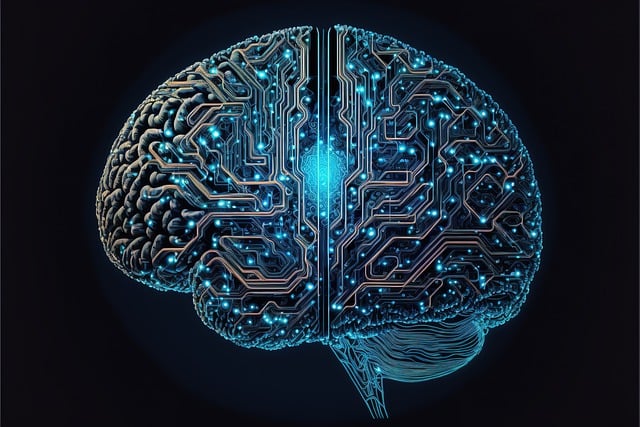A Beneficial Relationship for Companies
The relationship between Artificial Intelligence (AI) and Compliance, specifically in the anti-corruption field, represents an area of great interest and rapid evolution, whose potential benefits are being missed by the vast majority of companies in the region.
Corruption is a global problem from which our region is not exempt. For example, according to the Corruption Perceptions Index (CPI) 2023, Costa Rica is in 45th position in a ranking of 180 countries.
One of the main challenges is the lack of interest that many private sector actors have in implementing anti-corruption measures and in creating an ethical and compliance culture in companies. This does not mean that companies want to get involved in acts of corruption, but that there is no value focus on prevention and on creating a business culture of ethics and rejection of corruption. In other words, these issues are not invested in because they are considered to represent unnecessary expenses.
This lack of interest often comes from a lack of knowledge about the importance of this subject, but also from a lack of resources and the difficulty in its implementation.
In this context, the implementation of Compliance Management Systems is extremely necessary, since they not only prevent acts of corruption, but also generate an ethical culture that brings numerous benefits in the medium and long term for companies.
The implementation of AI solutions in companies’ Compliance Management Systems facilitates, improves and automates many of the processes involved in the execution of these systems. This is due to AI’s ability to analyze data, identify patterns, and even predict behaviors potentially related to acts of corruption within a company or in its relationship with third parties.
AI-based systems can provide solutions to one of the great difficulties faced when implementing anti-corruption systems: the lack of technical, budgetary and human resources to adequately perform the processes required in their implementation.
In this sense, AI provides tools that allow solutions such as:
- Continuous monitoring of business and financial activities.
- Automation of processes such as reporting and requirements verification.
- Word processing (NLP) to identify patterns and indications of corruption.
- Search for unusual patterns in transactions.
In other words, the implementation of AI solutions could facilitate the implementation processes of Compliance Management Systems, making them more efficient, less expensive, all of which results in greater possibilities for Anti-Corruption Systems and their benefits.
It is important to be clear that AI solutions are just another tool for those who run compliance systems and not a substitute for them. This is especially relevant in the anti-corruption field, where there will always be a human element and subjectivity essential to analyze situations of this type.



